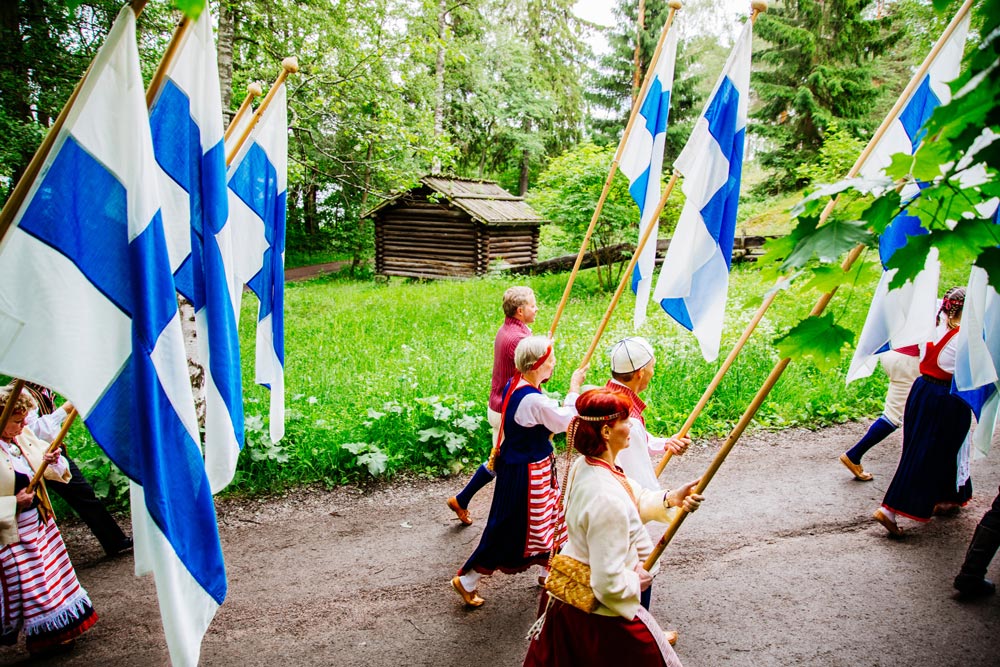Recently the Finnish government lifted some of the restrictions created to fight the Coronavirus pandemic that the country and the world have been dealing with in the past few months.
One of the restrictions lifted, earlier this month, was the one regarding large crow gatherings in enclosed spaces that went from 10 to 500 people allowed to be together at a time, from 1st of June until 31st of July 2020. In practical terms it means that most cultural and sporting events are still cancelled and will continue to be until further notice.
So what about Juhannus? We went to look for answers but neither the Finnish Government nor the Finnish Institute for Health and Welfare’s websites have any information regarding Midsummer specifically. The measures still implemented are valid for all kinds of public events across the country and there are no exceptions so far, including Juhannus public festivities.
Does that mean that Juhannus is, for the first time in peacetime Finnish history, officially cancelled?
We have to remember that this is one of the most important holidays and flag days in the country, with a history that precedes Christianity and that is celebrated every year, no matter what might be going on, traditionally outdoors by the sea or lakes. So the answer is both yes and no.
Yes, because Midsummer related public events like Midsummer Madness - the first of its kind mixing the Moomin’s Tales with Helsinki’s urban identity and Juhannus traditions -, the bonfire lighting in Seurasaari Open Air Museum in Helsinki or the Juhannus Beach Party in Rauma are all cancelled and were postponed to 2021. As were all other similar events in every major Finnish city.
 Photo: Midsummer flag parade in Seurasaari. Photo: Jussi Hellsten/Helsinki Marketing.
Photo: Midsummer flag parade in Seurasaari. Photo: Jussi Hellsten/Helsinki Marketing.
Cottages, sausages and sauna
Yet it is not cancelled completely because most Finns celebrate this time of year by going to their summer cottages (Möki), eating grilled sausages (makkara), dancing, fishing, going to the Sauna and swimming in the lake or sea under the midnight sun, anyway. So, even though there are always festivals and public events held in honor of Juhannus this is still very much a family affair. And since private parties are not forbidden, even under the government’s restrictions, most of this year’s celebrations will go on, almost, as usual.
And considering that every business shuts down anyway by Midsummer’s Eve afternoon, this year will just continue to follow tradition, in that sense. Young people taking a bath in Midsummer in Härmälä camping. Photo: Laura Vanzo/Visit Tampere
Young people taking a bath in Midsummer in Härmälä camping. Photo: Laura Vanzo/Visit Tampere
Adjustments will have to be made, regardless, as older people or people at higher risks of contagion, are still strongly advised to remain at home and avoid unnecessary contacts with other people. But for the most part, Finns do not seem to have to cancel one the most beloved and important events of the year altogether.
In a country where tradition and rules are imperative, we will soon find out how will the Finns deal with this atypical Midsummer.











